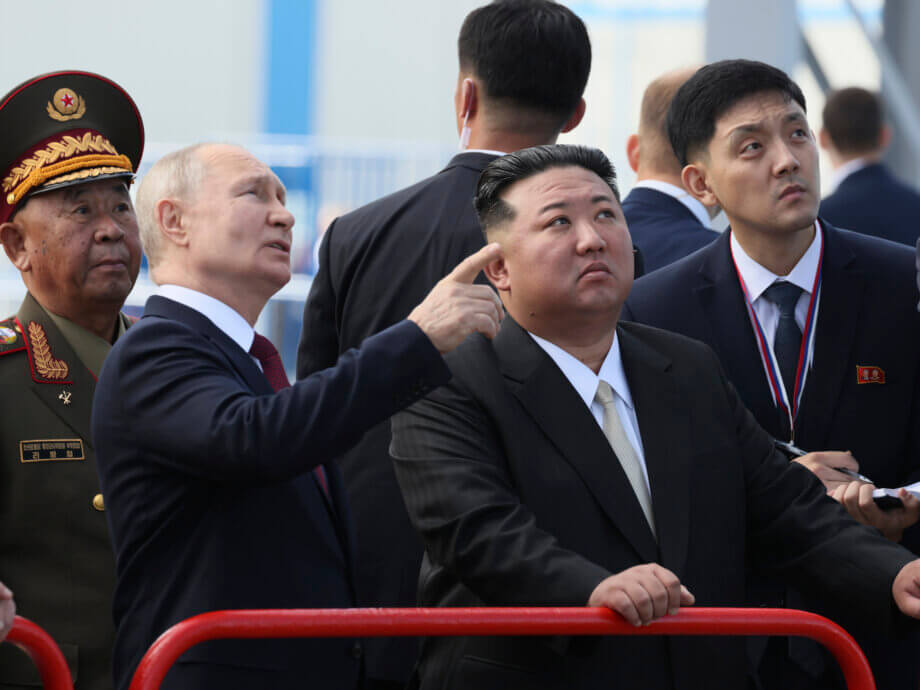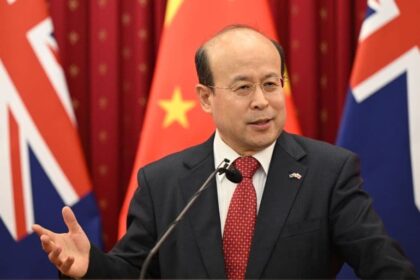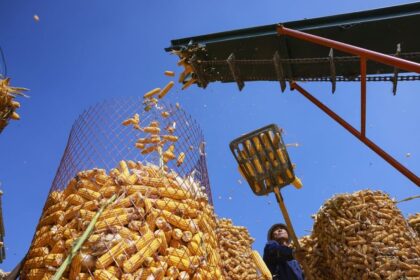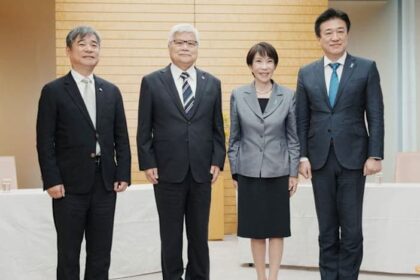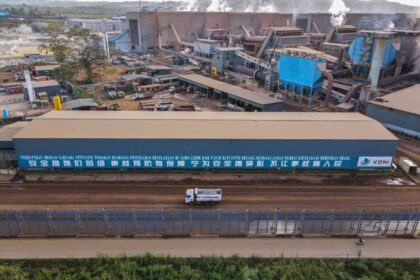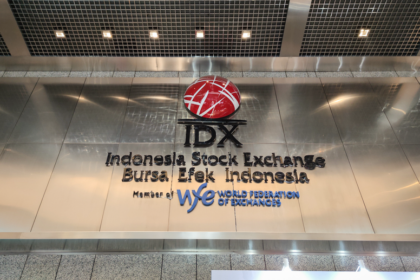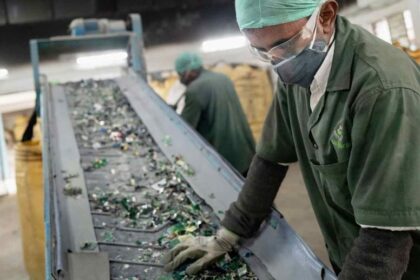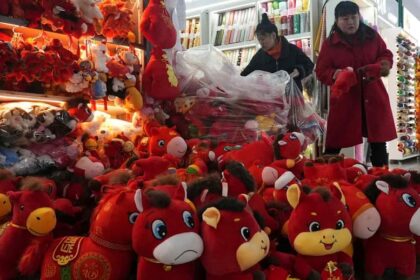North Korea’s Unwavering Backing of Russia in the Ukraine War
North Korea has emerged as one of Russia’s most steadfast allies in its ongoing war against Ukraine. In a recent high-profile meeting in Pyongyang, North Korean leader Kim Jong Un pledged “unconditional support” for Russia’s position on Ukraine and other international issues. This public declaration, reported by North Korean state media and confirmed by multiple international outlets, marks a significant escalation in the two countries’ military and political cooperation, raising concerns among Western governments and regional neighbors.
- North Korea’s Unwavering Backing of Russia in the Ukraine War
- What Did Kim Jong Un Promise Russia?
- How Did This Alliance Develop?
- What Are the Military and Strategic Implications?
- International Reactions and Legal Concerns
- Regional Dynamics: South Korea’s Response and the Broader Asia-Pacific Context
- Historical Context: North Korea’s Foreign Policy and Military Alliances
- What’s Next for the North Korea-Russia Partnership?
- In Summary
Kim’s statement came during talks with Sergei Shoigu, Russia’s Secretary of the Security Council and a close confidant of President Vladimir Putin. The meeting, which took place at the headquarters of North Korea’s ruling Workers’ Party, underscored the growing strategic partnership between the two countries, both of which face international isolation and heavy sanctions.
What Did Kim Jong Un Promise Russia?
During the meeting, Kim Jong Un made it clear that North Korea would “unconditionally support the stand of Russia and its foreign policies in all the crucial international political issues including the Ukrainian issue.” This pledge was not limited to diplomatic rhetoric. North Korea has reportedly sent thousands of troops and large quantities of weapons to support Russia’s military operations in Ukraine, particularly in the contested Kursk border region.
According to South Korean and Western intelligence, North Korea’s military involvement is unprecedented since the Korean War. Estimates suggest that between 10,000 and 15,000 North Korean soldiers have been deployed to Russia since late 2024, with additional reinforcements sent in early 2025. North Korea has also supplied millions of rounds of artillery and rocket ammunition, as well as ballistic missiles and heavy artillery systems.
Sergei Shoigu, representing the Russian government, expressed gratitude for the “matchless heroism and self-sacrificing spirit” of North Korean soldiers, who he said “defended the precious part of the Russian territory as their own motherland, fighting shoulder to shoulder with Russian soldiers in the same trench.” This level of military cooperation is rare in modern international relations and signals a deepening alliance that goes beyond mere diplomatic support.
How Did This Alliance Develop?
The roots of the current North Korea-Russia partnership can be traced to the increasing international isolation both countries have faced in recent years. Russia’s invasion of Ukraine in 2022 led to sweeping Western sanctions and a search for new allies and sources of military supplies. North Korea, already under heavy United Nations sanctions for its nuclear weapons program, found in Russia a powerful partner willing to defy international norms.
In 2024, Russian President Vladimir Putin made a rare visit to Pyongyang, where he and Kim Jong Un signed a comprehensive military cooperation treaty. This agreement included a mutual defense clause, pledging immediate military assistance if either country faced armed aggression. The treaty formalized what had already become a close working relationship, with North Korea providing weapons and troops, and Russia reportedly offering economic aid, technical assistance, and advanced military technology in return.
According to a multilateral sanctions monitoring group comprising South Korea, the United States, Japan, and eight other countries, Russian-flagged cargo vessels delivered as many as nine million rounds of mixed artillery and multiple rocket launcher ammunition from North Korea to Russia in 2024 alone. In exchange, Russia is believed to have provided North Korea with air defense equipment, anti-aircraft missiles, and possibly advanced electronic warfare systems.
What Are the Military and Strategic Implications?
The scale and nature of North Korea’s support for Russia have significant implications for the balance of power in both Europe and East Asia. For Russia, North Korean troops and munitions have helped offset the depletion of its own military resources after more than three years of intense fighting in Ukraine. The influx of North Korean artillery shells and missiles has reportedly allowed Russian forces to maintain pressure on Ukrainian positions, particularly in the border regions.
For North Korea, the alliance with Russia offers several strategic benefits. First, it provides Pyongyang with access to advanced Russian military technology, which could enhance its own missile and nuclear programs. Second, the partnership gives North Korea a powerful diplomatic backer at the United Nations Security Council, where Russia can veto or block new sanctions. Third, the experience gained by North Korean troops in modern combat operations could improve the capabilities of the Korean People’s Army, which has not fought in a major conflict since the 1950s.
However, this cooperation comes at a cost. The deployment of North Korean troops to Russia has resulted in significant casualties, with South Korean sources estimating that around 600 North Korean soldiers have been killed and thousands more wounded. The North Korean government has publicly acknowledged these losses, a rare admission that underscores the seriousness of its commitment to the Russian war effort.
International Reactions and Legal Concerns
The deepening military alliance between North Korea and Russia has drawn sharp criticism from the international community. A coalition of countries, including the United States, South Korea, Japan, and several European nations, has condemned the partnership as “unlawful” and a flagrant violation of United Nations Security Council resolutions. These resolutions prohibit the transfer of arms and military technology to and from North Korea, as part of efforts to curb its nuclear weapons program.
There are also concerns that Russia may be providing North Korea with sophisticated technologies that could accelerate its development of nuclear weapons and delivery systems. In April 2025, North Korea unveiled its first naval destroyer, the Choe Hyon, which experts believe was built with Russian assistance. Such developments raise the specter of a more capable and emboldened North Korean military, with potential consequences for regional security in East Asia.
Western officials have also warned that the North Korea-Russia alliance could undermine the effectiveness of international sanctions and embolden other authoritarian regimes to flout global norms. The United States and its allies have called for renewed diplomatic efforts to isolate both countries and prevent the further transfer of military technology.
Regional Dynamics: South Korea’s Response and the Broader Asia-Pacific Context
The timing of the latest Kim-Shoigu meeting is notable, as it coincided with the inauguration of South Korea’s new president, Lee Jae-myung. Lee, a liberal politician, has signaled a willingness to reopen dialogue with North Korea, in contrast to his hawkish predecessor Yoon Suk Yeol. In his inaugural address, Lee pledged to “deter North Korean nuclear and military provocations while opening communication channels and pursuing dialogue and cooperation to build peace on the Korean Peninsula.”
Despite these overtures, North Korea’s state media offered only a brief mention of Lee’s inauguration and did not respond to his calls for talks. Instead, Pyongyang issued a scathing commentary targeting French President Emmanuel Macron, who had suggested at the Shangri-La Dialogue in Singapore that NATO could become involved in Asia if China did not pressure North Korea to halt its support for Russia. North Korean analyst Choe Ju Hyun dismissed Macron’s remarks as “shocking claptrap,” accusing NATO of seeking to expand its military footprint in the Asia-Pacific region.
This exchange highlights the broader geopolitical stakes of the North Korea-Russia alliance. As the United States and its allies seek to contain both countries, there is growing concern that the conflict in Ukraine could spill over into the Asia-Pacific, drawing in new actors and raising the risk of wider confrontation.
Historical Context: North Korea’s Foreign Policy and Military Alliances
North Korea’s willingness to send troops and weapons abroad is highly unusual in the post-Cold War era. Since the end of the Korean War in 1953, Pyongyang has largely focused on defending its own territory and developing its nuclear deterrent. While North Korea has provided limited military assistance to allies in the past, such as during the Vietnam War and in Africa, the scale of its involvement in Ukraine is unprecedented in recent decades.
The current alliance with Russia marks a return to the kind of bloc politics that characterized the Cold War, when North Korea relied on support from both the Soviet Union and China. However, relations with China have cooled in recent years, as Beijing has grown wary of North Korea’s nuclear ambitions and unpredictable behavior. Russia, by contrast, has become an increasingly important partner, offering both political cover and material support.
This shift has important implications for the future of the Korean Peninsula and the broader region. With Russia’s backing, North Korea may feel emboldened to resist international pressure and pursue its military ambitions more aggressively. At the same time, the alliance complicates efforts by South Korea, the United States, and other countries to engage Pyongyang in dialogue and reduce tensions.
What’s Next for the North Korea-Russia Partnership?
Looking ahead, the North Korea-Russia alliance is likely to deepen further, especially as both countries face continued isolation from the West. Russian officials have indicated that they plan to commemorate the contributions of North Korean soldiers in the rebuilding of the Kursk region, and there is speculation that President Putin may soon host Kim Jong Un in Moscow for a summit.
For North Korea, the partnership offers a lifeline in the face of economic hardship and international sanctions. For Russia, North Korean support provides much-needed manpower and munitions as the war in Ukraine drags on. The two countries have signaled their intention to “dynamically expand” their relationship, with further cooperation in military, economic, and technological fields likely on the horizon.
However, the alliance also carries risks. The loss of North Korean soldiers in combat, the potential for technology transfer to accelerate North Korea’s nuclear program, and the possibility of further international sanctions all pose challenges for both regimes. The situation remains fluid, and the actions of other regional players—especially China, South Korea, and the United States—will be critical in shaping the future trajectory of the partnership.
In Summary
- North Korean leader Kim Jong Un has pledged “unconditional support” for Russia’s war in Ukraine, marking a significant deepening of military and political ties.
- North Korea has sent thousands of troops and millions of rounds of ammunition to support Russian operations, particularly in the Kursk region.
- The alliance is formalized by a mutual defense treaty signed in 2024, which includes provisions for immediate military assistance.
- International observers have condemned the partnership as a violation of United Nations sanctions and raised concerns about technology transfer and regional security.
- South Korea’s new president has signaled a willingness to engage North Korea, but Pyongyang has so far rebuffed these overtures.
- The North Korea-Russia alliance represents a major shift in regional dynamics and poses new challenges for global security and diplomacy.


